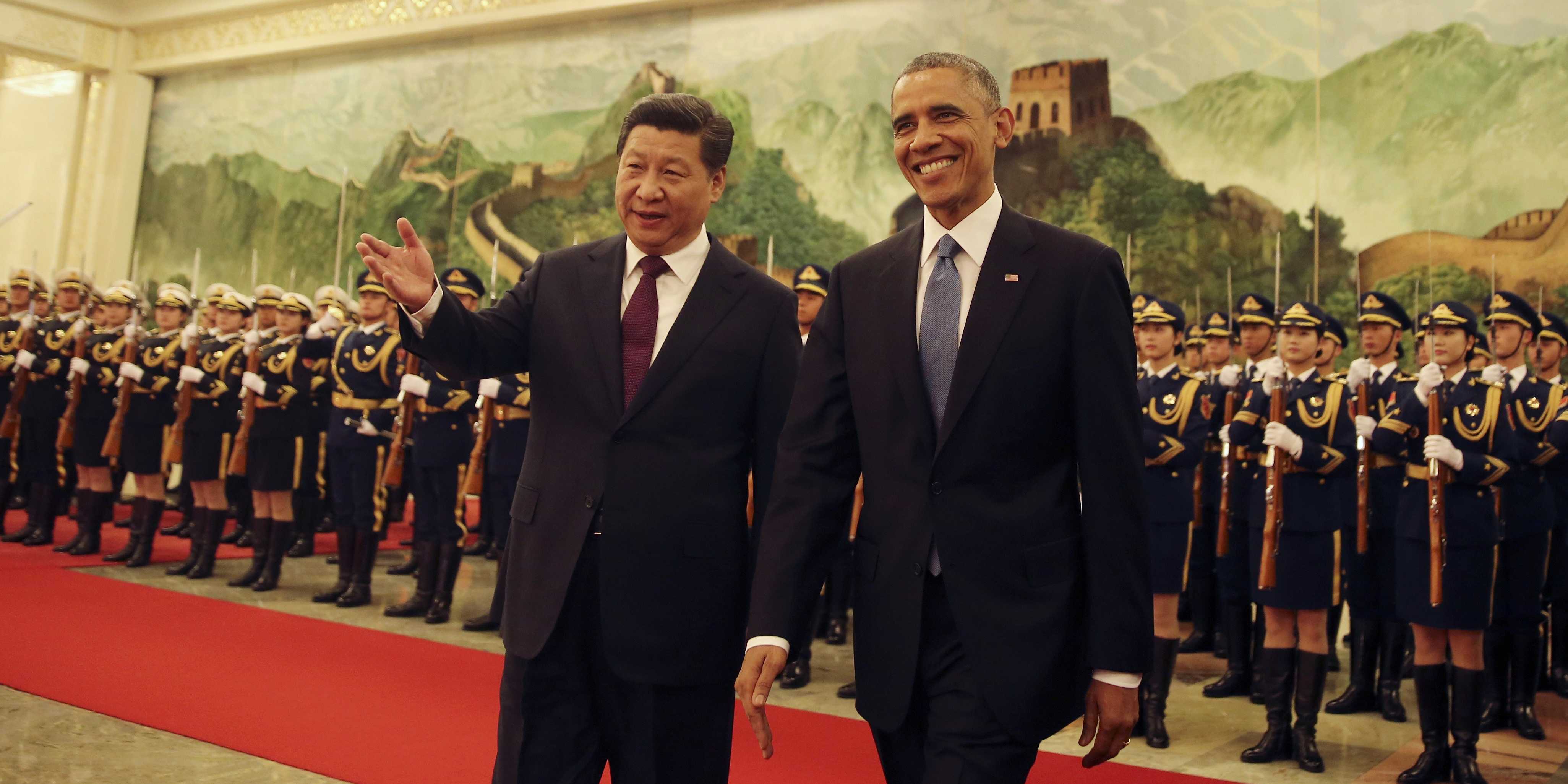
While it may intellectually realize that the basis of China’s power is its economy, the U.S. is still fighting militarily. Therefore, any success against China will necessitate the ultimate U.S. realization that it must reform its own economy.
The U.S. has recently improved relations with Vietnam to the point of lifting its arms embargo against the country. Meanwhile, it is eagerly awaiting The Hague’s verdict in the Philippines’ case brought against China regarding conflicting South China Sea claims. These maneuvers, along with its “freedom of navigation” (FONOP) patrols in the region, clearly demonstrate the U.S.’ resolve to counter Chinese assertiveness.
However, these hard power moves are only tactical gambits. In order to truly succeed in its global game against China, the U.S. must recognize the importance of soft power. Specifically, the U.S. must recognize the important role of economics in any nation’s foreign policy stance, including its own.
Japan is the U.S.’ major ally in Asia and, as such, plays a key role in the American “pivot”, or “rebalance” to Asia. This is seen in northeast Asia, where proposed and actual amendments to the Japanese constitution will allow Japan to play a greater role in supporting U.S. forces in the region. Japan is also forging its own diplomatic and economic path with respect to Russia, irrespective of U.S. hesitation.
This is the case in southeast Asia as well, where Japan has expressed an interest in upholding regional security in the midst of the various South China Sea disputes. Additionally, Japan (like the U.S.) has targeted Vietnam, the Philippines, Australia, and India as potential partners to balance China in this regard. However, Japan, as of yet, has not participated in the U.S.’ FONOP patrols.
However, Japan is in a quandary similar to many other states in the region as its economy is highly interlinked with that of China. The fact that China is now the leading trading partner of many states in the region, including U.S. allies, poses a major dilemma for the U.S.. No matter how strongly the U.S. may have wanted a statement from its recent ASEAN Sunnylands summit condemning China, many of the forum’s participants had to calculate the potential impact of such a statement on economic ties with China.
To frame the global economic conflict between the U.S. and China as one between the “Washington Consensus” and the “Beijing Consensus” would be simplistic at best. In its most rudimentary form, the argument purportedly pits one model of economic development, dominated by the market, against the other, supported by government intervention. While this debate may be useful in an academic or think tank setting, its utility to a global audience is limited.
This is because many people around the world are still reeling from the effects of the Great Recession. What form a government takes in its domestic economic policy is considerably less important than the ultimate results which accrue to that particular country’s citizens. As Deng Xiaoping famously said, “It doesn’t matter if the cat is black or white, as long as it catches the mice.”
The story of how China succeeded, within a generation, in transforming itself from a backward, isolated player on the regional scene to a global power with the world’s largest financial reserves has been told many times. Doubtless, the U.S. and Japan both played a part in this economic miracle, by providing for regional security and giving massive development assistance, respectively. However, the cumulative effect of long-term, strategic planning by the Chinese government and its emphasis on economic development and educational investment in its citizenry can not be denied. The recent economic slowdown notwithstanding, this planning has enabled the country to lift more people out of poverty, not just in Chinese history, but human history.
Many people around the world still look to the U.S. as a model for possible upward mobility. However, this image has been tarnished as the aftereffects of the economic crisis still continue to linger onward nearly a decade later. Even more importantly, significant numbers of Americans have parlayed this economic dissatisfaction into political action. While the Occupy Wall Street movement may have been dismissed by some at the time, there can be no dismissal of the current widespread economic discontent, which has led to the rise of anti-establishment presidential candidates of both major parties.
Just as previous generations of people around the world marveled at the U.S.’s post-World War II economic miracle, globalization has given the world’s current generation a window into the U.S.’s current economic troubles. Most damaging, huge numbers of millennials, the largest demographic group in America and literally the future of the country, purport to no longer believe in capitalism itself. If America’s future no longer believes in the nation’s economic viability, why should anyone else in the world? In comparison to China, millions of Americans have not been lifted out of poverty, but have actually been returned to poverty, itself a result of the continuing destruction of the middle-class.
Many authors have tackled this subject before, most notably Richard N. Haas in his seminal book, “Foreign Policy Begins at Home: The Case for Putting America’s House in Order”. However, this book was first published three years ago and the case can be made that if there’s been any improvement in the economic life of the average American since then, it’s been marginal at best. What is clear, is that without a concerted effort by the U.S. to tackle problems such as the widening gap between rich and poor, crumbling infrastructure, and universal access to education without crippling lifelong debt, it will eventually lose the economic battle for global hearts and minds to China.